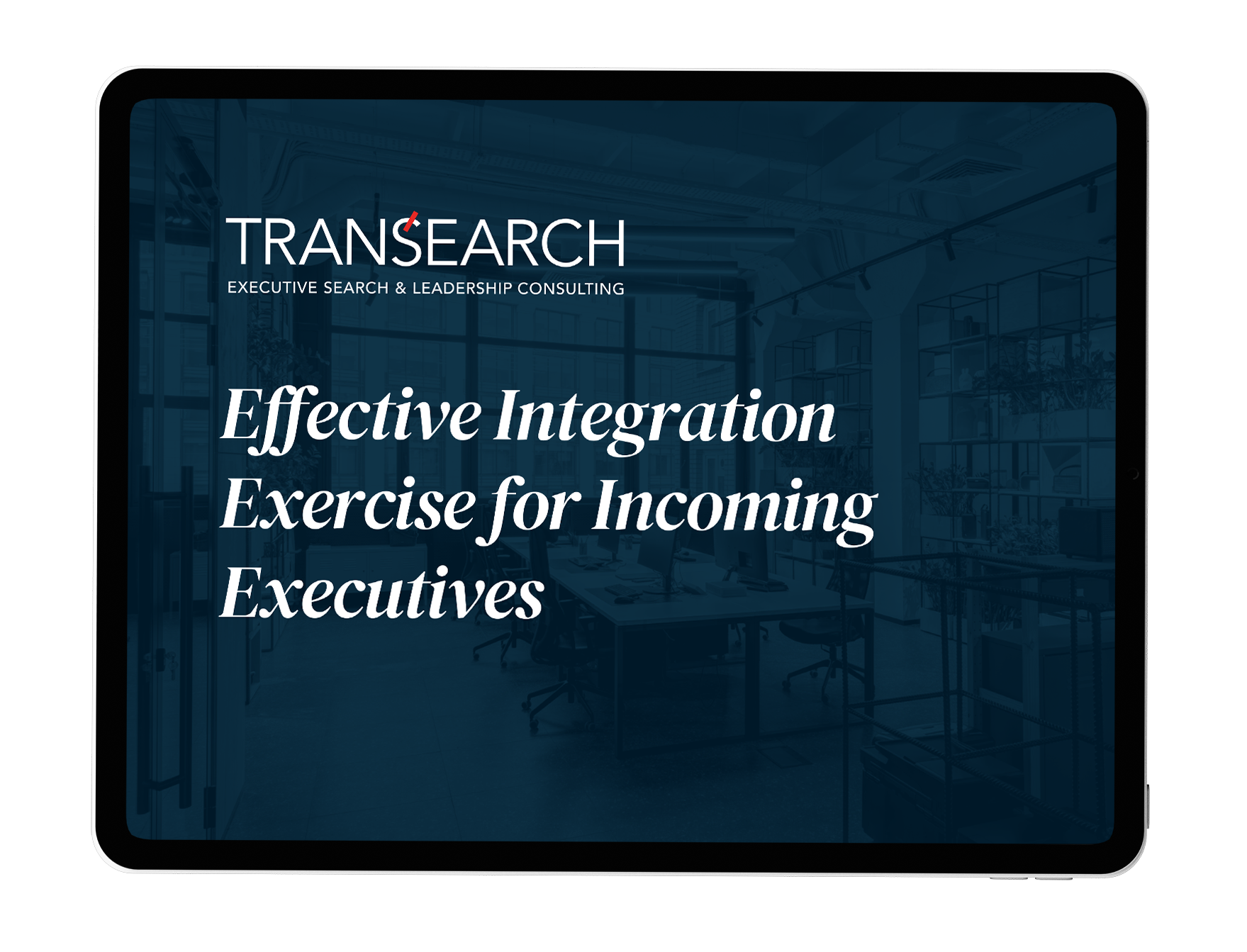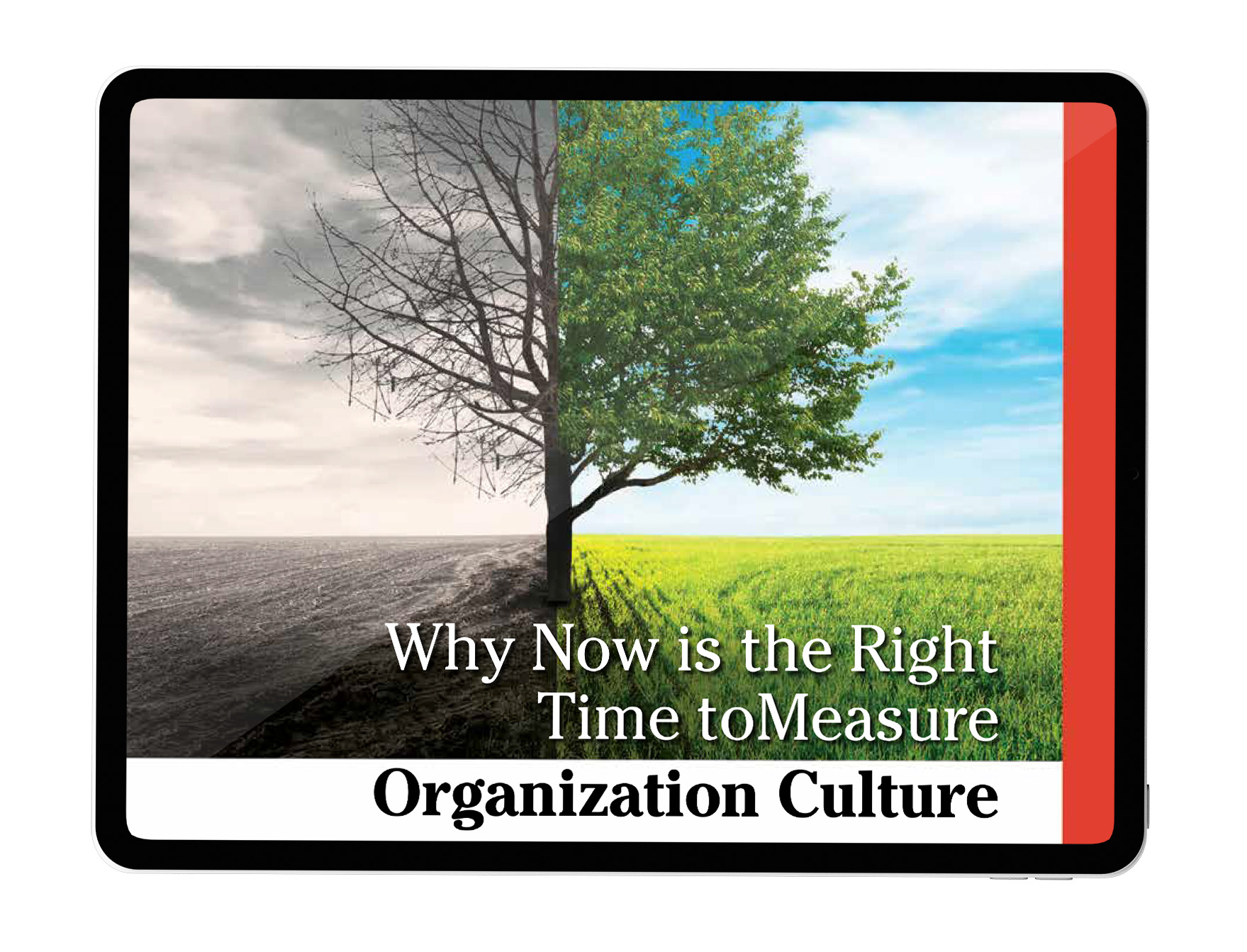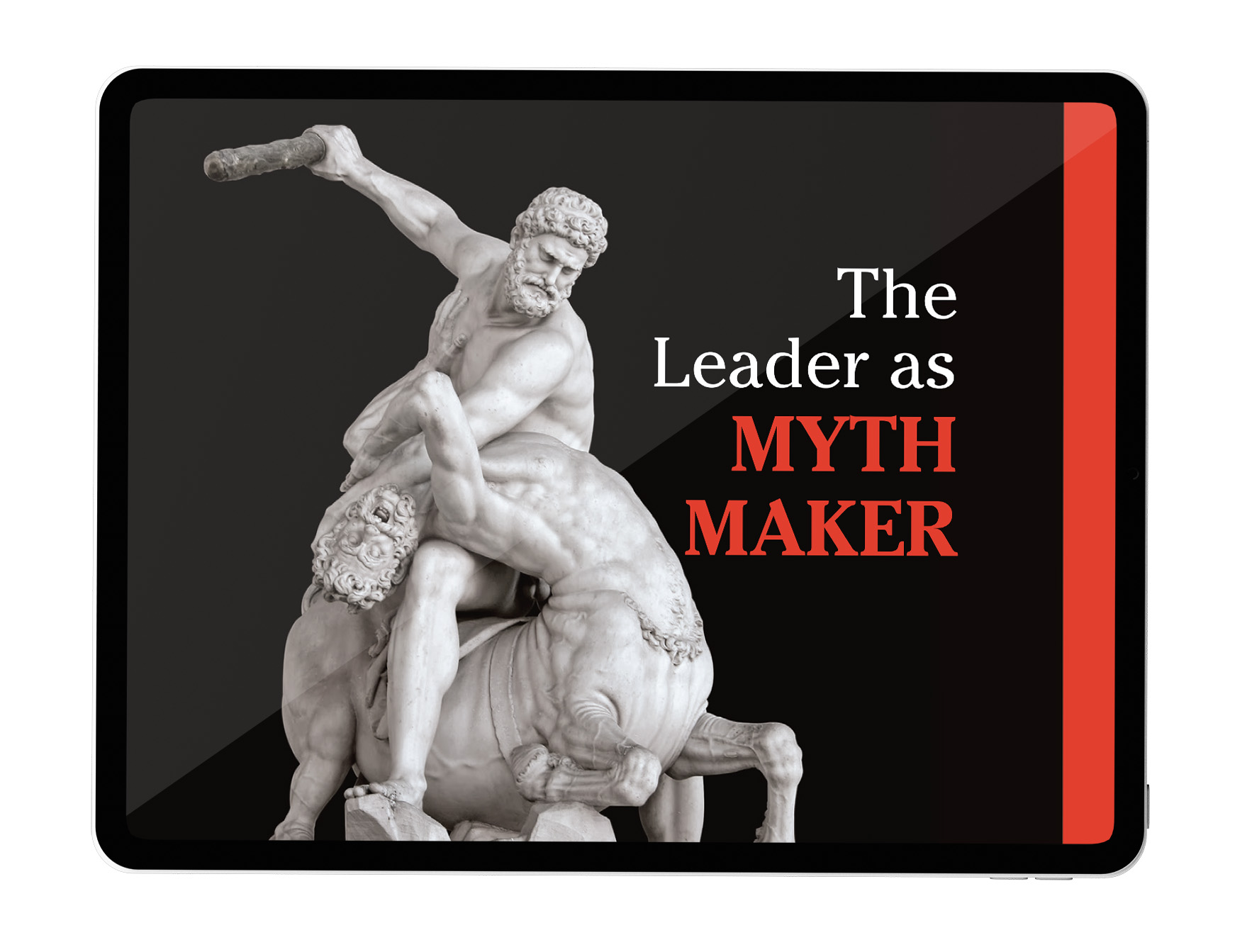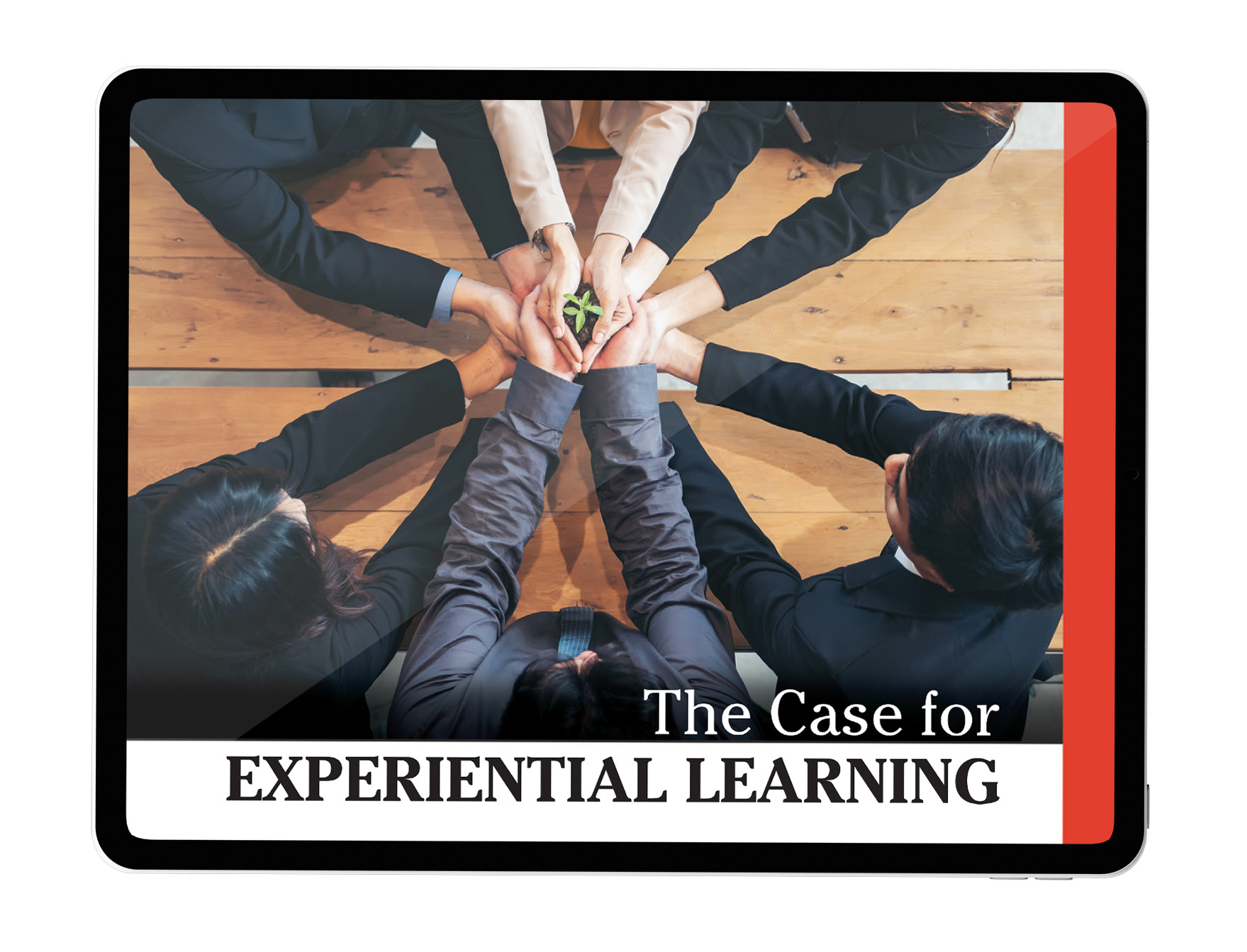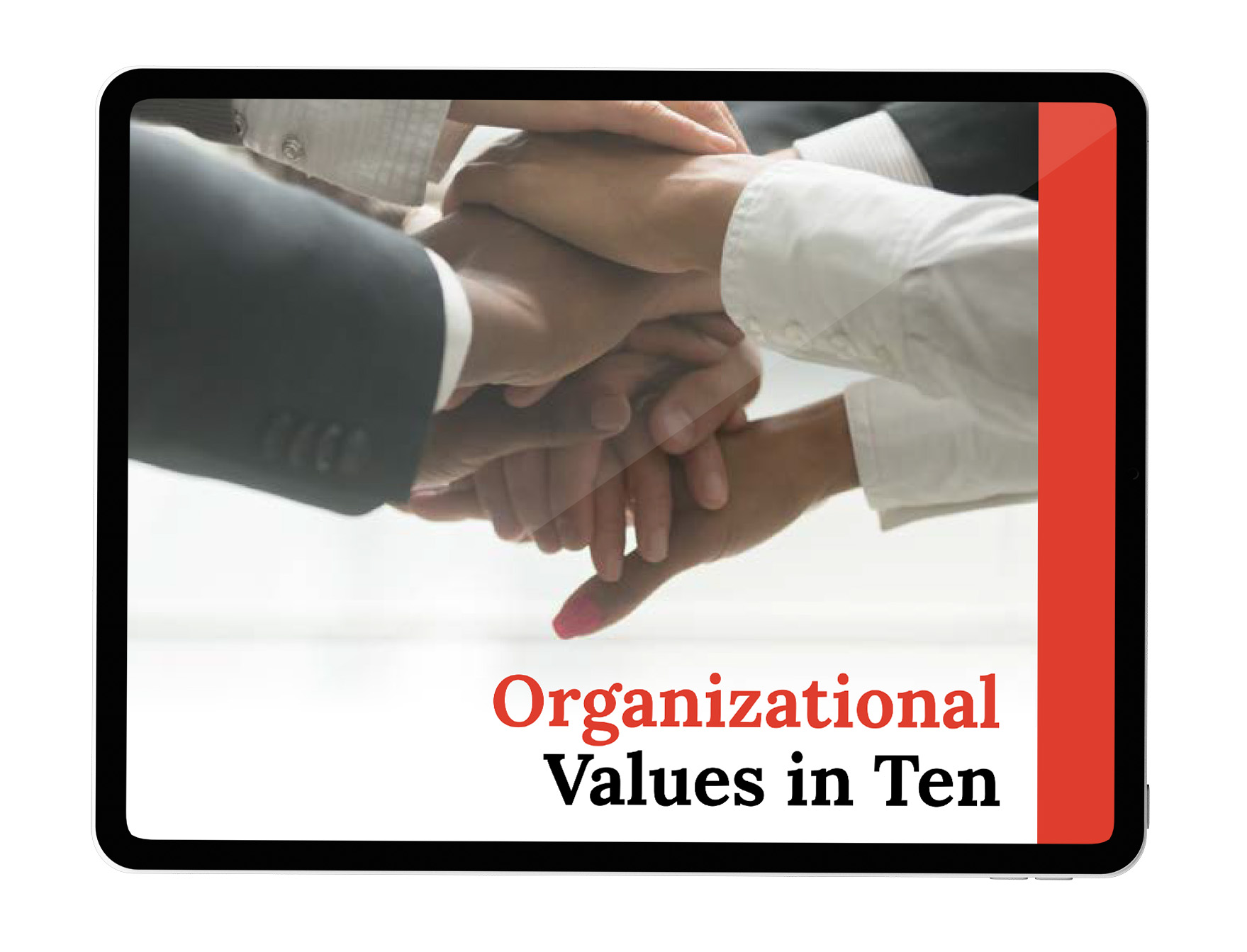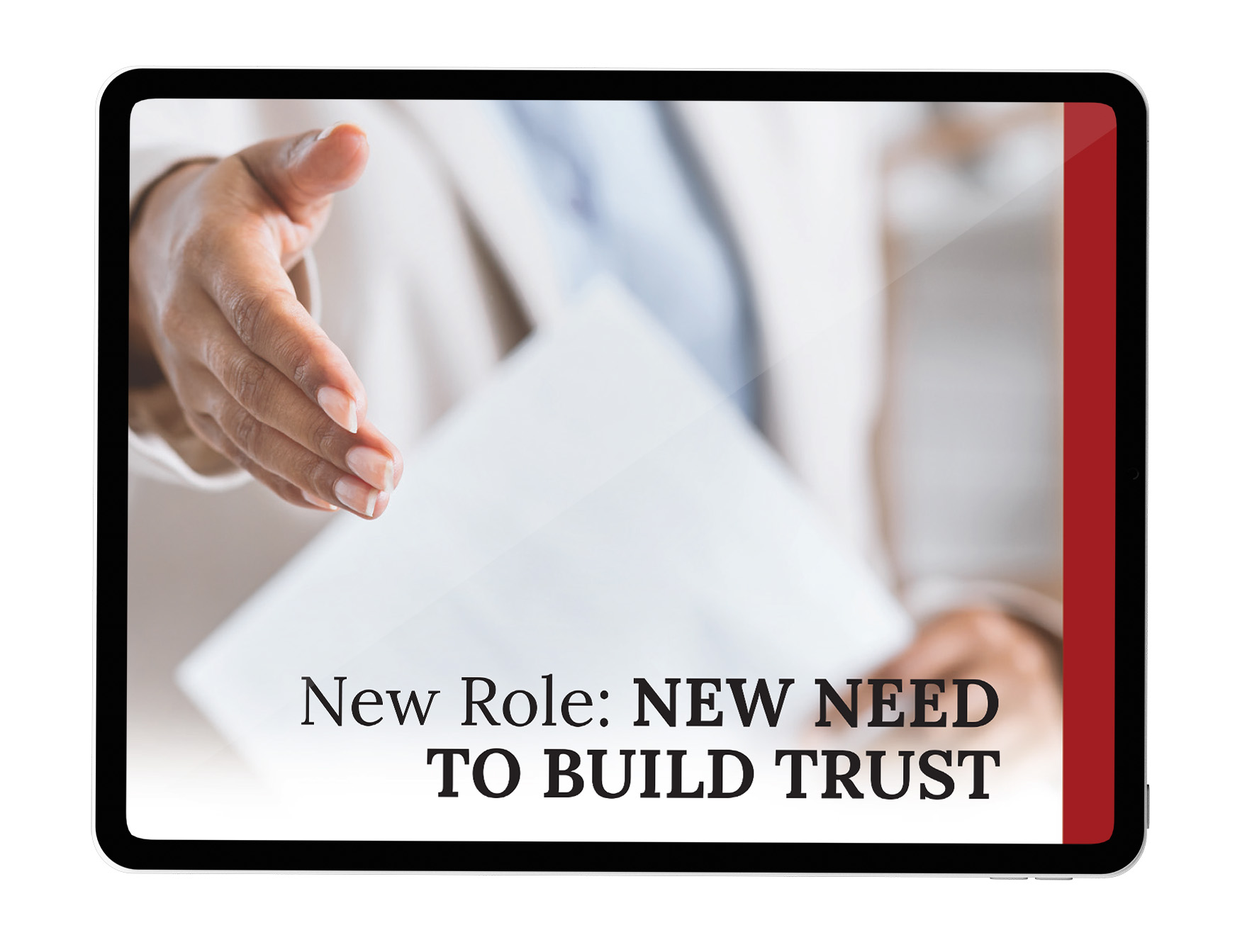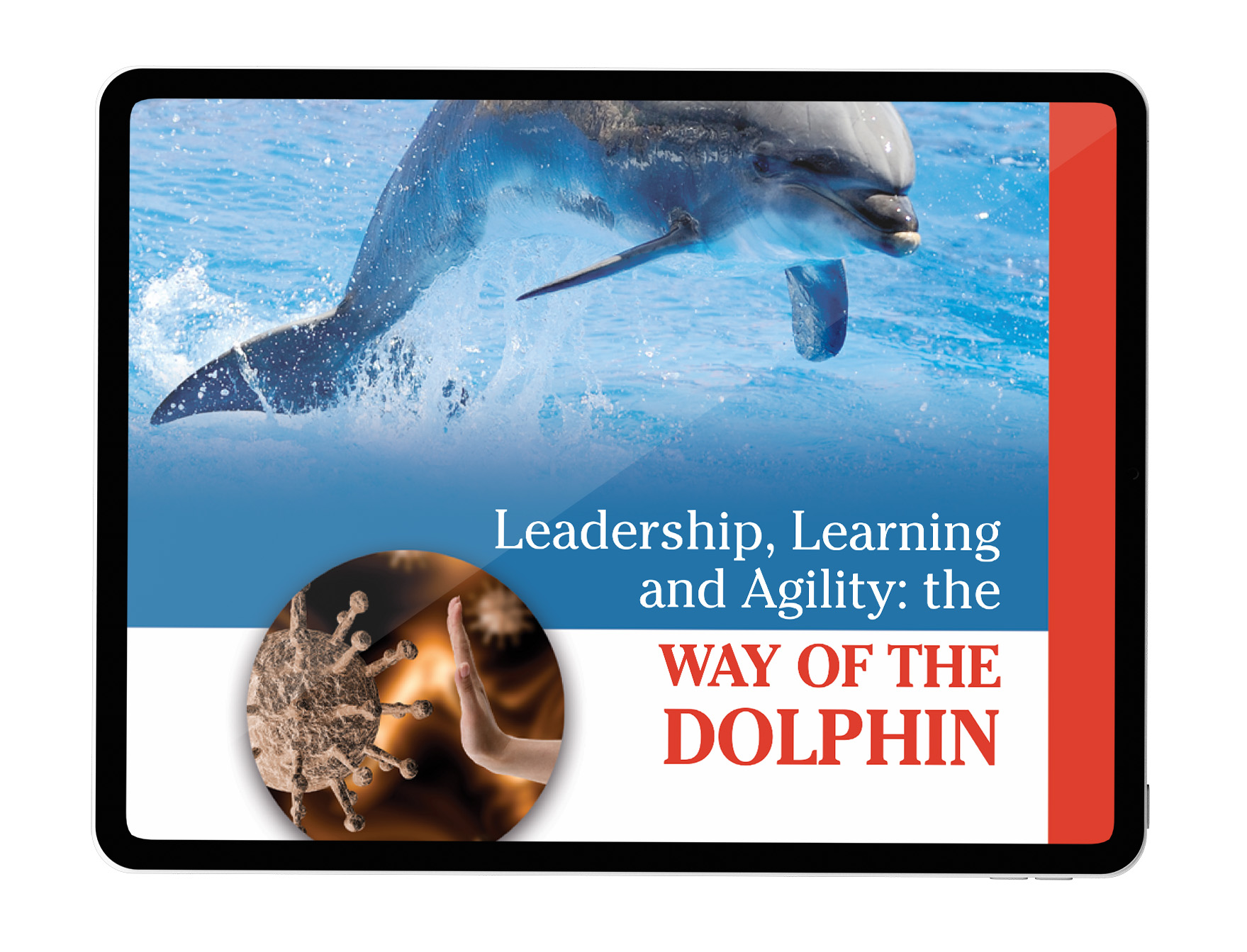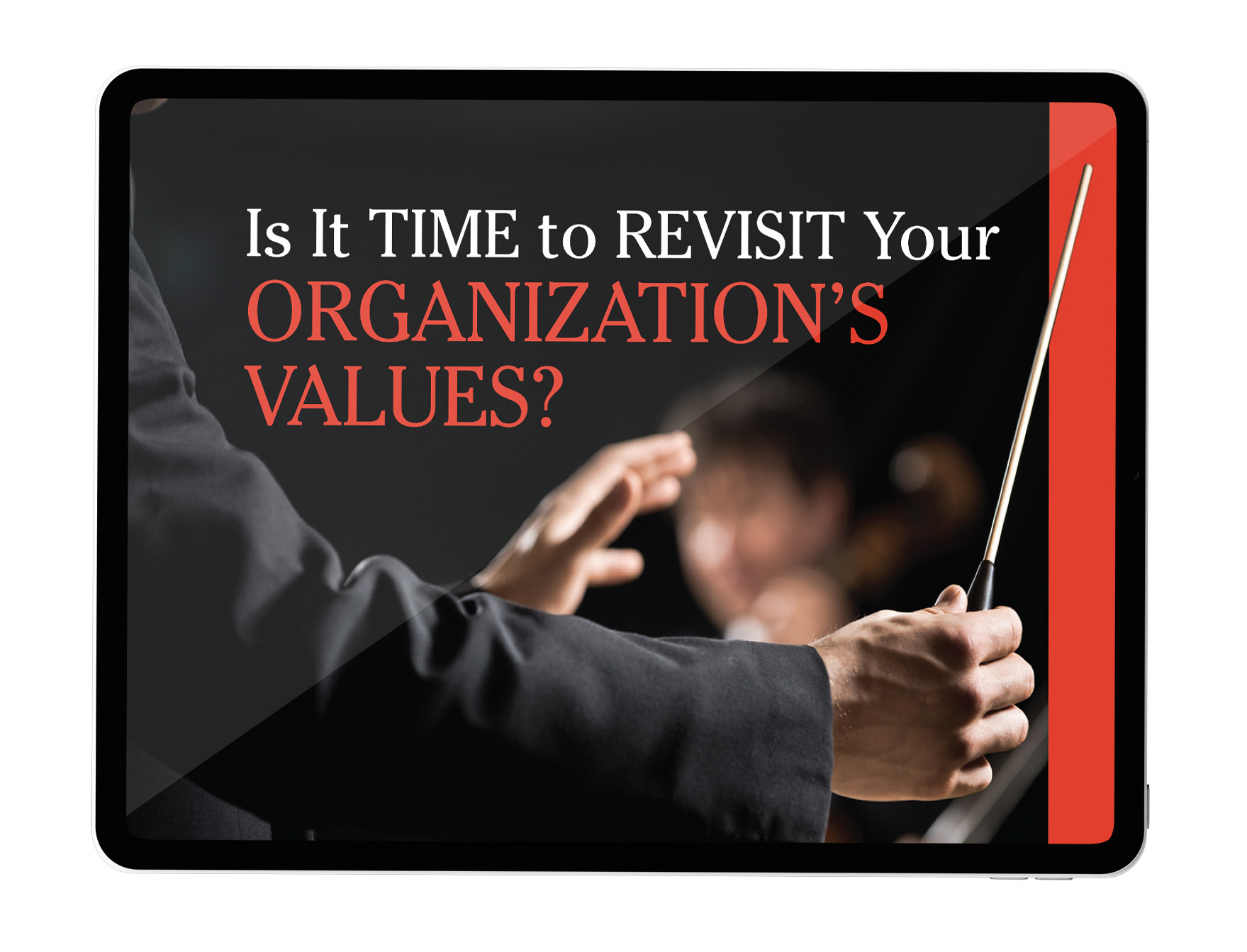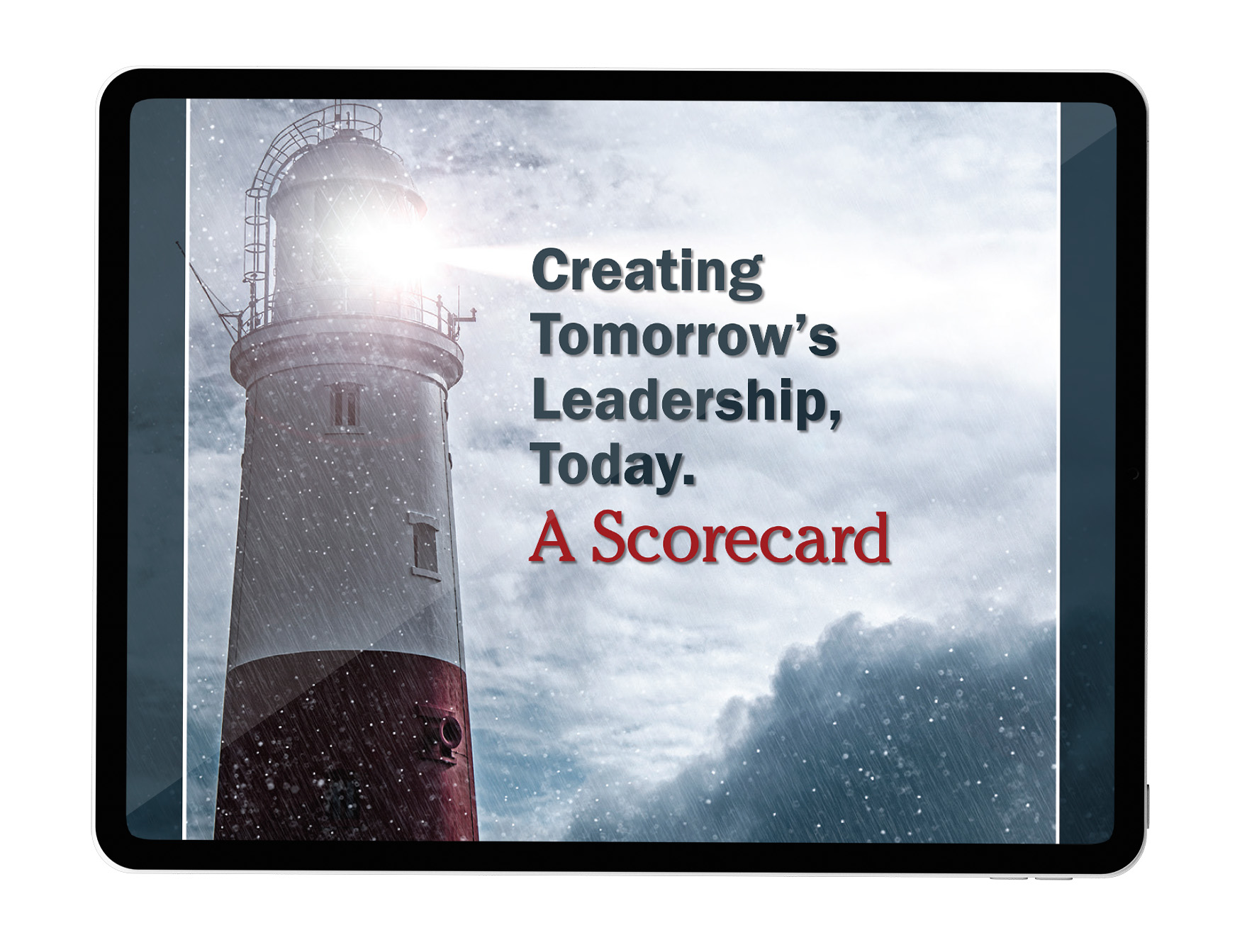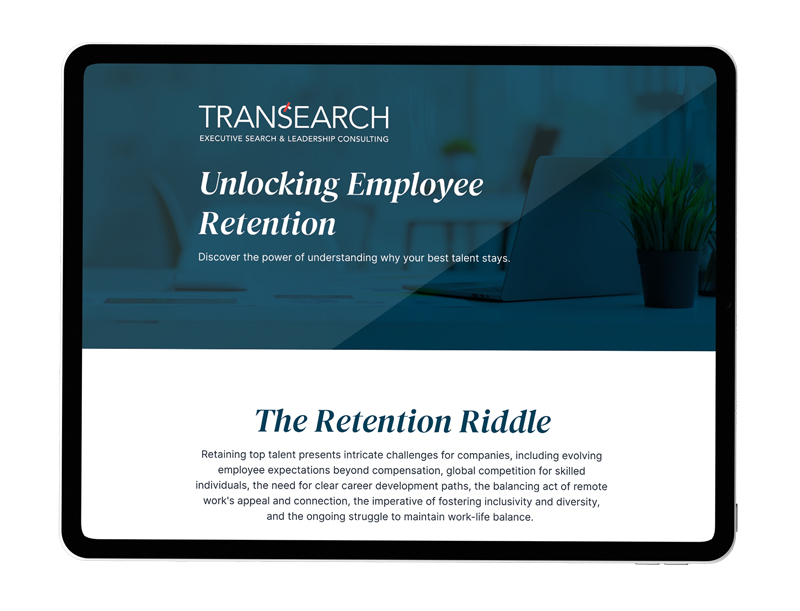Incoming leaders, whether stepping into a new position within their current organization or joining a new company, face unique challenges and opportunities. The skills they bring to the table can significantly impact their effectiveness and the success of their teams.
The Importance of Effective Leadership
Effective leadership is the backbone of any successful organization. Leaders set the tone for the company culture, drive strategic initiatives, and inspire their teams to perform at their best. Good leadership fosters a positive work environment, encourages innovation, and helps navigate the complexities of change. Without strong leadership, even the best-laid plans can falter, and organizations can struggle to achieve their goals.
Important Skills for Incoming Leaders
Stepping into a leadership role demands a unique set of skills to guide, inspire, and drive a team toward success. As the business landscape continues to evolve, incoming leaders must be equipped with both foundational and adaptive skills to navigate the challenges and opportunities they will face.
Visionary Thinking
A clear vision is essential for guiding an organization towards its goals. Visionary leaders can see the big picture, anticipate future trends, and set strategic objectives that align with the organization’s mission. They inspire and motivate their teams to work towards a shared vision, fostering a sense of purpose and direction.
Emotional Intelligence
Emotional intelligence (EI) is crucial for building strong relationships and managing team dynamics. Leaders with high EI are self-aware, empathetic, and adept at handling interpersonal relationships fairly and empathetically. They create a positive work environment where team members feel understood and valued.
Decision-Making
Effective decision-making involves analyzing data, considering various perspectives, and making informed choices that benefit the organization. Leaders must be decisive yet flexible, willing to pivot when necessary while maintaining a clear strategic direction.
Communication
Clear and effective communication is key to successful leadership. Leaders must articulate their vision, expectations, and feedback clearly and concisely. Good communication also involves active listening, fostering an open dialogue, and ensuring that team members feel heard and understood.
Adaptability
In an ever-changing business landscape, adaptability is a vital skill. Leaders must be open to new ideas, ready to embrace change, and capable of navigating uncertainty. Adaptable leaders turn challenges into opportunities for growth and innovation.
Strategic Thinking
Strategic thinking involves understanding the broader business context and making decisions that drive long-term success. This skill requires the ability to conduct a thorough analysis of the organization’s strengths, weaknesses, opportunities, and threats (SWOT) and to set priorities accordingly.
Resilience
Leadership often involves facing challenges and setbacks. Resilience is the ability to recover from these difficulties and keep moving forward. Resilient leaders view challenges as opportunities to learn and grow, maintaining focus and motivation in the face of adversity.
Authenticity
Authentic leaders are true to themselves and lead with integrity. They are honest, transparent, and consistent in their actions and decisions. Authenticity builds trust and credibility, creating a work environment where team members feel valued and empowered to bring their whole selves to work.
How to Improve Leadership Skills
Becoming an effective leader is an ongoing journey that requires continuous growth and development. Even the most seasoned leaders need to refine their skills and adapt to new challenges. Whether an incoming leader or an experienced one looking to enhance their capabilities, there are several strategies you can employ to improve your leadership skills.
Continuous Learning
Leaders should seek out opportunities for professional development through courses, workshops, and reading. Staying updated with industry trends and best practices helps leaders to remain effective and innovative.
Seeking Feedback
Regular feedback from peers, mentors, and team members can provide valuable insights into areas for improvement. Leaders should foster a culture of open feedback and be willing to act on constructive criticism to enhance their skills.
Mentorship and Coaching
Engaging with mentors and coaches can provide guidance and support for leadership development. Mentors offer valuable experience and perspective, while coaches can help leaders develop specific skills and strategies for success.
Self-Reflection
Regular self-reflection allows leaders to assess their performance, identify strengths and weaknesses, and set personal development goals. Journaling, meditation, and mindfulness practices can support self-reflection and personal growth.
Networking
Building a strong professional network provides leaders with access to diverse perspectives, resources, and support. Networking with other leaders and industry professionals can inspire new ideas and offer solutions to common challenges.
Lead With Renew By TRANSEARCH
The skills required for effective leadership are diverse and multifaceted, encompassing technical expertise and interpersonal abilities. Mastering these skills is essential for incoming leaders to navigate the complexities of leadership and drive their organizations toward success.
For organizations seeking to elevate their leadership capabilities, Renew offers a unique, transformative approach to building a high-performing culture and enhancing workforce performance. With fast turnarounds and customizable services, you can achieve impactful changes within weeks, not months.
Ready to transform your leadership team? Contact us today to start your journey with Renew: https://transearchusa.com/renew/





















